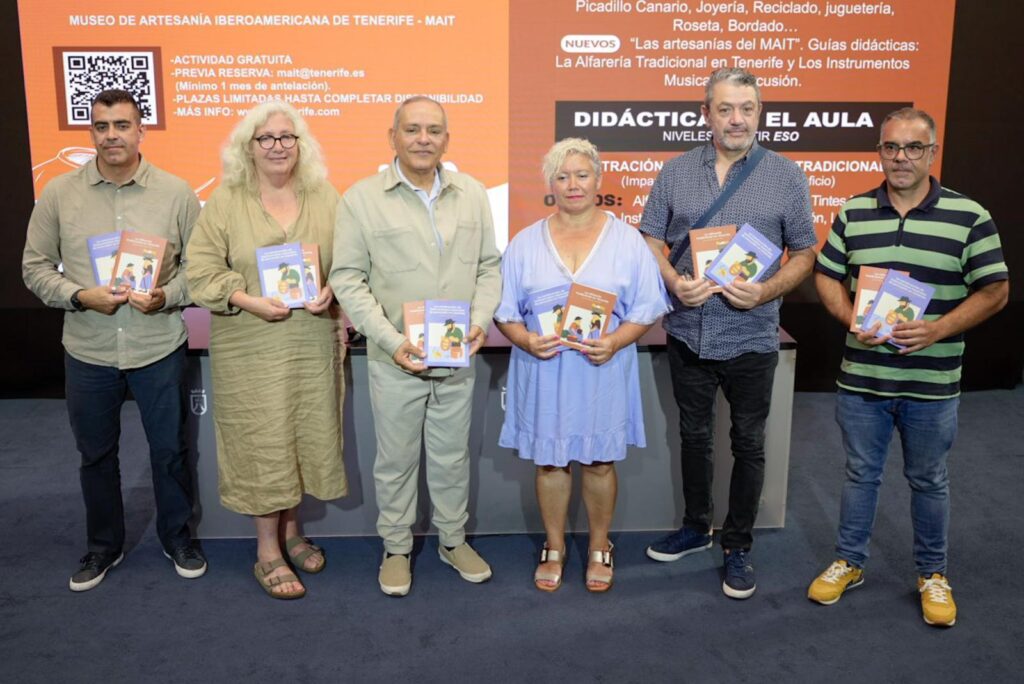The situation of severe drought in Tenerife has resulted in a significant reduction in reservoirs and ponds, posing challenges for the agricultural sector. To address this crisis, the Tenerife Island Water Council has introduced 75 measures to ensure water supply for the population and support the needs of farmers. The President of the Tenerife Island Council, Rosa Dávila, signed the Declaration of Water Emergency (DEH) on May 29 as a response to the current drought situation on the island, aiming to provide solutions to the residents. The Council, in collaboration with various public and private stakeholders, identified these measures to tackle the water emergency.
These measures, categorised by focus areas, are set to bring about a significant change for Tenerife. They revolve around three key aspects: boosting industrial water production, reducing losses in the water distribution network, and enhancing water resources for municipalities and agriculture. Rosa Dávila, the President of the Cabildo, stated, “In the face of this critical situation, we have taken a historic step by unanimously declaring a water emergency. This demonstrates our unwavering commitment to our citizens, farmers, and the future of our island. Currently, nearly 90% of these 75 measures have been implemented, with an investment of €23 million by the Cabildo de Tenerife.”
Since July, water production has increased by approximately 11,000 m³ per day, with a target to raise this by an additional 66,000 cubic metres daily within a year. This would equate to 27 Olympic swimming pools or the water consumption of about 330,000 individuals. In essence, there will be a more than 10% increase in water supply for the population and a 25% rise for the agricultural sector. Dávila added, “It is crucial for us to make decisions collectively with all stakeholders, which led to the establishment of the Island Water Roundtable. This platform facilitates dialogue between public and private representatives from various sectors to discuss and agree on measures beyond the emergency declaration.”
Blanca Pérez, the Minister for the Natural Environment, Sustainability, Security, and Emergencies, highlighted the optimisation efforts in municipalities and agriculture, including the mandatory switch to desalinated seawater in areas currently reliant on groundwater. This shift aims to reserve groundwater for essential purposes. Pérez stated, “We have managed to secure irrigation flows in the highlands, and we anticipate further improvements as desalinated water coverage expands from the newly operational facilities, ensuring an adequate water supply for farmers.” The Minister also mentioned the support provided to municipalities in enhancing water efficiency, such as conducting detailed studies and installing flow meters and remote control systems in 98 municipal tanks by the Tenerife Island Water Council. Additionally, the Tenerife Island Council plans to offer subsidies to enhance hydraulic network efficiency in small municipalities, addressing another prevalent issue of network losses.”
















